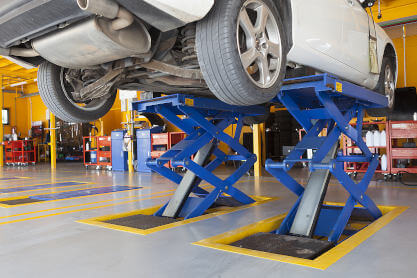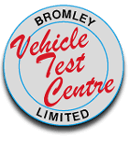
Unless you bought your car in the last three years, the chances are that you will need to get an MOT check on your vehicle. You may be a seasoned driver with lots of MOTs under your belt, or a newly qualified one with no experience whatsoever. Either way, we get a lot of questions from motorists about them, so we thought that we’d help out with a comprehensive guide to MOTs this month. Here are the basics of what you need to know.
What is an MOT?
MOT stands for Ministry of Transport, the name of the government department that set up the scheme in the first place. The name stuck, even though it is now known as the Department for Transport.
Its purpose is to ensure that vehicles are roadworthy, safe and with an engine that runs as efficiently and cleanly as possible.
When do you need one?
If your vehicle is 3 years old or greater then you will need to have an MOT every year. Note that in Northern Ireland the threshold is 4 years old rather than three. Your MOT certificate is valid for one year and you can take your car in for its next MOT check 11 months later at the earliest.
What if my MOT certificate has expired?
If your certificate has expired you will not be able to drive the vehicle unless you are taking it to the MOT centre for testing. If you do, you risk getting a fine of up to £1,000 and your insurance will be invalid as well.
What is checked during an MOT?
An MOT is checking to ensure your vehicle is safe. The main things that are checked include:
- The body of the vehicle
- The fuel system
- The exhaust system and its emissions
- The tyres
- All lights, including indicator lights
- Seatbelts, windscreen and mirrors
- The suspension
- The steering
- The battery and wiring
- The brakes
- The registration plates
For full details on every aspect of these that is checked and why, take a look at our previous article An MOT reminder: here’s what it’s about.
What happens if my vehicle fails its MOT?
If any aspect of your vehicle is not up to the required standard, then there is the risk that it will fail its MOT. If that happens you will get the opportunity to put things right and try again. Remember that you will not be able to drive the vehicle so you will either have to have the issue fixed at the same garage or make arrangements to take it elsewhere.
There are three types of outcome during an MOT:
- Dangerous. This will mean immediate failure as the vehicle will present a risk to you, your passengers, the environment or other road users.
- Major. This will also result in failure as it will indicate a defect that must be put right before you can drive on public roads.
- Minor. While your vehicle will pass its MOT, it will require repairs to be made as soon as possible.
You may also get an advisory which means that there is something that needs to be looked at sometime in the near future.
For further details or any other questions you may have about MOTs, get in touch with our expert mechanics at Bromley Vehicle Test Centre today. Call us on 020 8460 6666 for a chat or to make an appointment.
